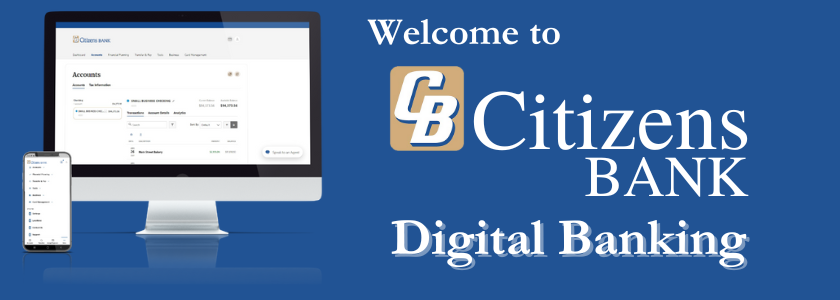Business Email Compromise
Business email compromise (BEC)—also known as email account compromise (EAC)—is one of the most financially damaging online crimes. It exploits the fact that so many of us rely on email to conduct business—both personal and professional.
In a BEC scam, criminals send an email message that appears to come from a known source making a legitimate request, like in these examples:
- A vendor your company regularly deals with sends an invoice with an updated mailing address.
- A company CEO asks her assistant to purchase dozens of gift cards to send out as employee rewards. She asks for the serial numbers so she can email them out right away.
- A homebuyer receives a message from his title company with instructions on how to wire his down payment.
Versions of these scenarios happened to real victims. All the messages were fake. And in each case, thousands—or even hundreds of thousands—of dollars were sent to criminals instead.
A scammer might:
- Spoof an email account or website. Slight variations on legitimate addresses (john.kelly@examplecompany.com vs. john.kelley@examplecompany.com) fool victims into thinking fake accounts are authentic.
- Send spearphishing emails. These messages look like they’re from a trusted sender to trick victims into revealing confidential information. That information lets criminals access company accounts, calendars, and data that gives them the details they need to carry out the BEC schemes.
- Use malware. Malicious software can infiltrate company networks and gain access to legitimate email threads about billing and invoices. That information is used to time requests or send messages so accountants or financial officers don’t question payment requests. Malware also lets criminals gain undetected access to a victim’s data, including passwords and financial account information.
How to Protect Yourself
- Be careful with what information you share online or on social media. By openly sharing things like pet names, schools you attended, links to family members, and your birthday, you can give a scammer all the information they need to guess your password or answer your security questions.
- Don’t click on anything in an unsolicited email or text message asking you to update or verify account information. Look up the company’s phone number on your own (don’t use the one a potential scammer is providing), and call the company to ask if the request is legitimate.
- Carefully examine the email address, URL, and spelling used in any correspondence. Scammers use slight differences to trick your eye and gain your trust.
- Be careful what you download. Never open an email attachment from someone you don't know, and be wary of email attachments forwarded to you.
- Set up two-factor (or multi-factor) authentication on any account that allows it, and never disable it.
- Verify payment and purchase requests in person if possible or by calling the person to make sure it is legitimate. You should verify any change in account number or payment procedures with the person making the request.
- Be especially wary if the requestor is pressing you to act quickly.
How to Report
If you or your company fall victim to a BEC scam, it’s important to act quickly:
- Contact your financial institution immediately and request that they contact the financial institution where the transfer was sent.
- Next, contact your local FBI field office to report the crime.
- Also file a complaint with the FBI’s Internet Crime Complaint Center (IC3).
Trusteer Rapport
Trusteer Rapport is lightweight security software that helps to protect your online banking communication from being stolen by criminals. Trusteer Rapport is highly recommended by Citizens Bank as an additional layer of security to your own online security best practices, including anti-virus or security software you already use. By protecting your internet connection and creating a tunnel for safer online communication with Bank-By-Net, Trusteer Rapport blocks many malicious attempts to steal your money or account information.
Even as effective as Trusteer Rapport is, nothing can guarantee complete protection from fraudulent or criminal attacks. Therefore, it is always recommended that you be constantly vigilant about your computer’s security and that you continue to monitor your bank accounts for any suspicious activity.
To install Trusteer Rapport on your computer visit Trusteer Rapport for Business.

